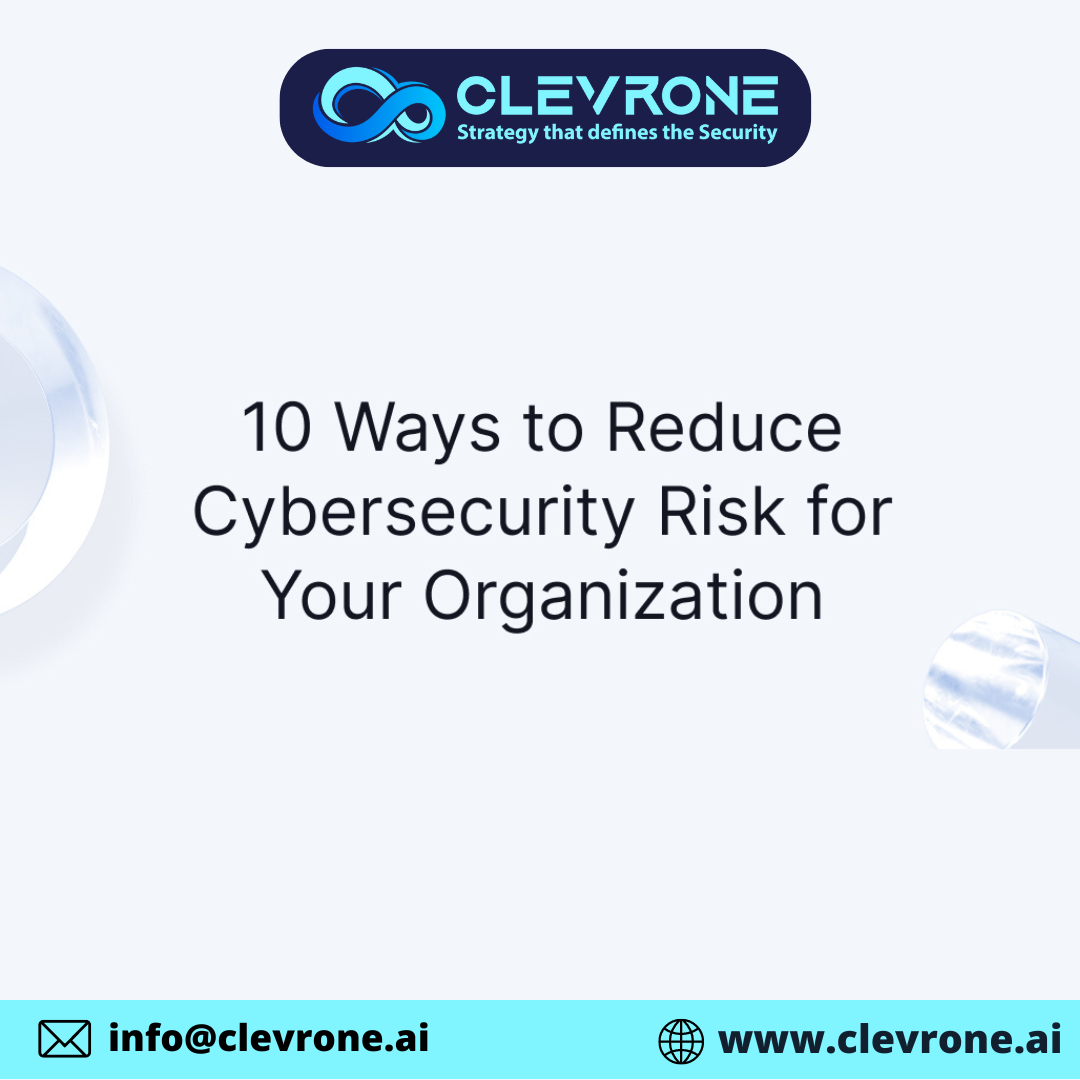In today’s digital age, cybersecurity is a crucial aspect for businesses of all sizes, but small businesses often face unique challenges. With limited resources and expertise, small businesses can become easy targets for cybercriminals. According to a study by the Ponemon Institute, most businesses represented in this study experienced a cyber attack or a data breach with severe financial consequences (67 percent and 58 percent, respectively). This alarming statistic underscores the importance of implementing robust cybersecurity measures. Here, we outline seven essential cybersecurity measures that USA small businesses should adopt to protect their digital assets.
1. Implement Strong Password Policies
Strong password policies are the first line of defense against unauthorized access. To mitigate this risk, small businesses should enforce the following practices:
- Use Complex Passwords: Require employees to create passwords that include a mix of letters, numbers, and special characters.
- Change Passwords Regularly: Implement a policy that mandates password changes every 60-90 days.
- Two-Factor Authentication (2FA): Add an extra layer of security by requiring a second form of identification beyond just a password.
By ensuring that employees adhere to these practices, businesses can significantly reduce the likelihood of unauthorized access.
2. Keep Software and Systems Updated
Cybercriminals often exploit vulnerabilities in outdated software and systems. Keeping software, operating systems, and applications up-to-date is crucial for protecting against these threats. To stay protected:
- Enable Automatic Updates: Configure systems to automatically install updates.
- Regularly Audit Software: Conduct periodic audits to ensure all software is current and supported.
- Patch Management: Develop a patch management strategy to systematically address vulnerabilities.
Regular updates close security gaps and enhance overall system resilience.
3. Educate Employees on Cybersecurity Best Practices
Human error is a significant factor in many cybersecurity breaches. Educating employees on cybersecurity best practices is essential for creating a security-conscious culture. Key training topics should include:
- Phishing Awareness: Teach employees how to recognize and report phishing attempts.
- Safe Internet Usage: Educate on the risks of downloading files from untrusted sources.
- Data Protection: Train staff on how to handle sensitive information securely.
Regular training sessions and updates on the latest cyber threats can empower employees to act as the first line of defense.
4. Use Firewalls and Anti-Malware Software
Firewalls and anti-malware software are essential tools for protecting against cyber threats. A firewall acts as a barrier between your internal network and external sources, filtering incoming and outgoing traffic based on predetermined security rules. Anti-malware software helps detect and remove malicious software that can compromise your systems.
- Network Firewalls: Implement firewalls to monitor and control incoming and outgoing network traffic.
- Endpoint Protection: Install anti-malware software on all devices used by employees.
- Regular Scans: Schedule regular scans to detect and remove potential threats.
By utilizing these tools, businesses can protect their networks and devices from a wide range of cyber threats.
5. Secure Wi-Fi Networks
Unsecured Wi-Fi networks can provide an easy entry point for cybercriminals. Ensuring that your business’s Wi-Fi network is secure is critical to preventing unauthorized access. To secure your Wi-Fi network:
- Use Strong Encryption: Enable WPA3 encryption on your Wi-Fi network.
- Change Default Credentials: Update default usernames and passwords for your router.
- Separate Guest Network: Create a separate guest network for visitors to prevent them from accessing the main business network.
Implementing these measures can safeguard your network from unauthorized access and potential data breaches.
6. Regularly Backup Data
Regular data backups are essential for ensuring business continuity in the event of a cyberattack, such as ransomware. Effective data backup strategies include:
- Automated Backups: Schedule automated backups to ensure data is regularly saved without manual intervention.
- Offsite Storage: Store backups in a secure offsite location to protect against physical disasters.
- Test Restore Procedures: Regularly test backup restore procedures to ensure data can be recovered quickly and accurately.
With reliable data backups, businesses can recover quickly from cyber incidents with minimal disruption.
7. Develop an Incident Response Plan
Despite the best preventive measures, cyber incidents can still occur. Having an incident response plan in place ensures that your business can respond quickly and effectively to minimize damage. Key components of an incident response plan include:
- Identification: Quickly identify and assess the scope of the incident.
- Containment: Implement measures to contain the breach and prevent further damage.
- Eradication and Recovery: Remove the threat and restore affected systems to normal operation.
- Communication: Establish clear communication channels to inform stakeholders about the incident.
Regularly review and update your incident response plan to address new and emerging threats.
Conclusion
Cybersecurity is a critical concern for small businesses in the United States. By implementing these seven essential measures—strong password policies, regular software updates, employee education, firewalls and anti-malware software, secure Wi-Fi networks, regular data backups, and a comprehensive incident response plan—small businesses can significantly enhance their cybersecurity posture. These steps not only protect against cyber threats but also ensure business continuity and build customer trust. Investing in cybersecurity is an investment in the long-term success and resilience of your business, partner with the seasoned experts at Clevrone offering tailored Cybersecurity solutions for small businesses but also medium and large businesses.






